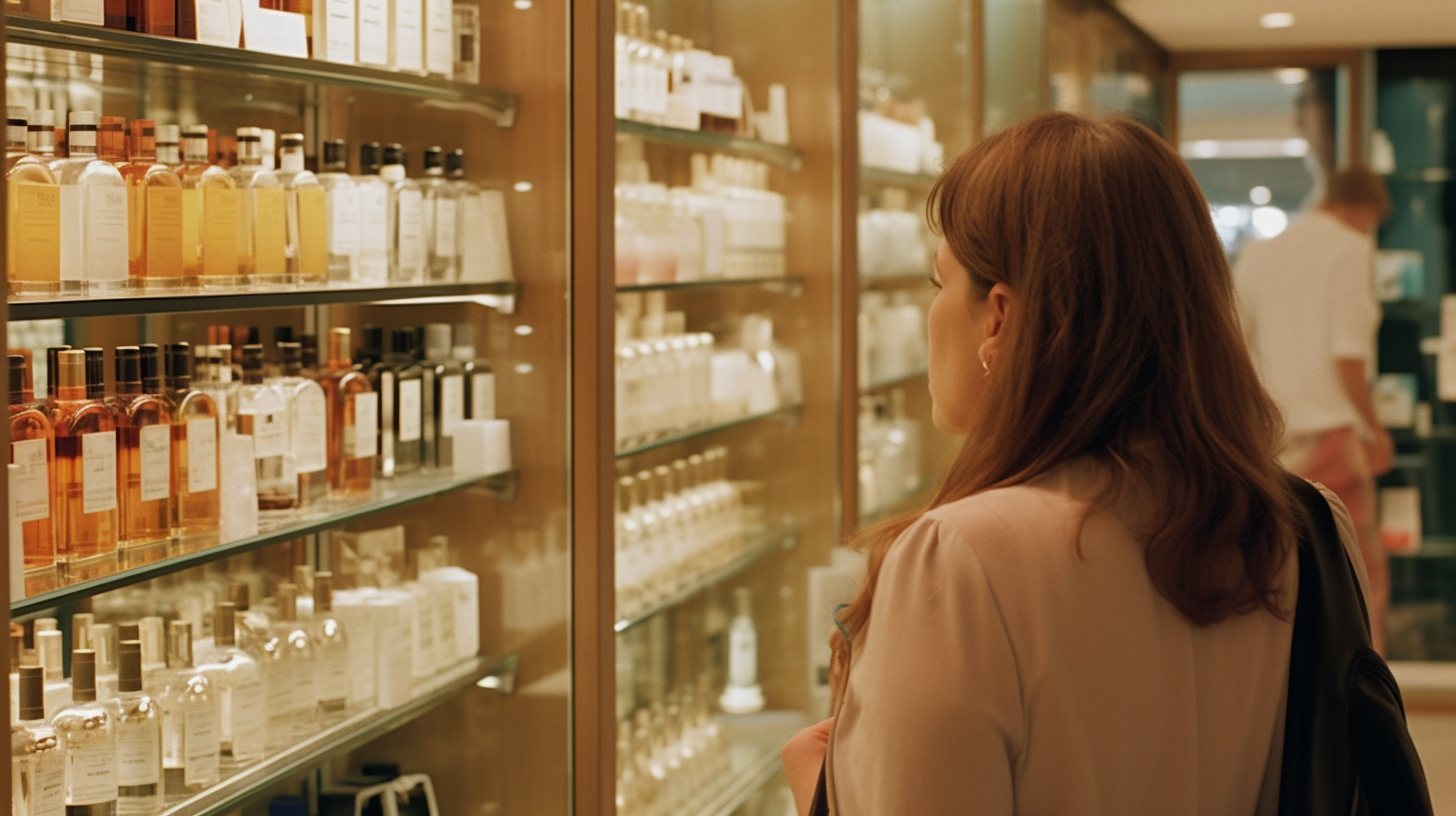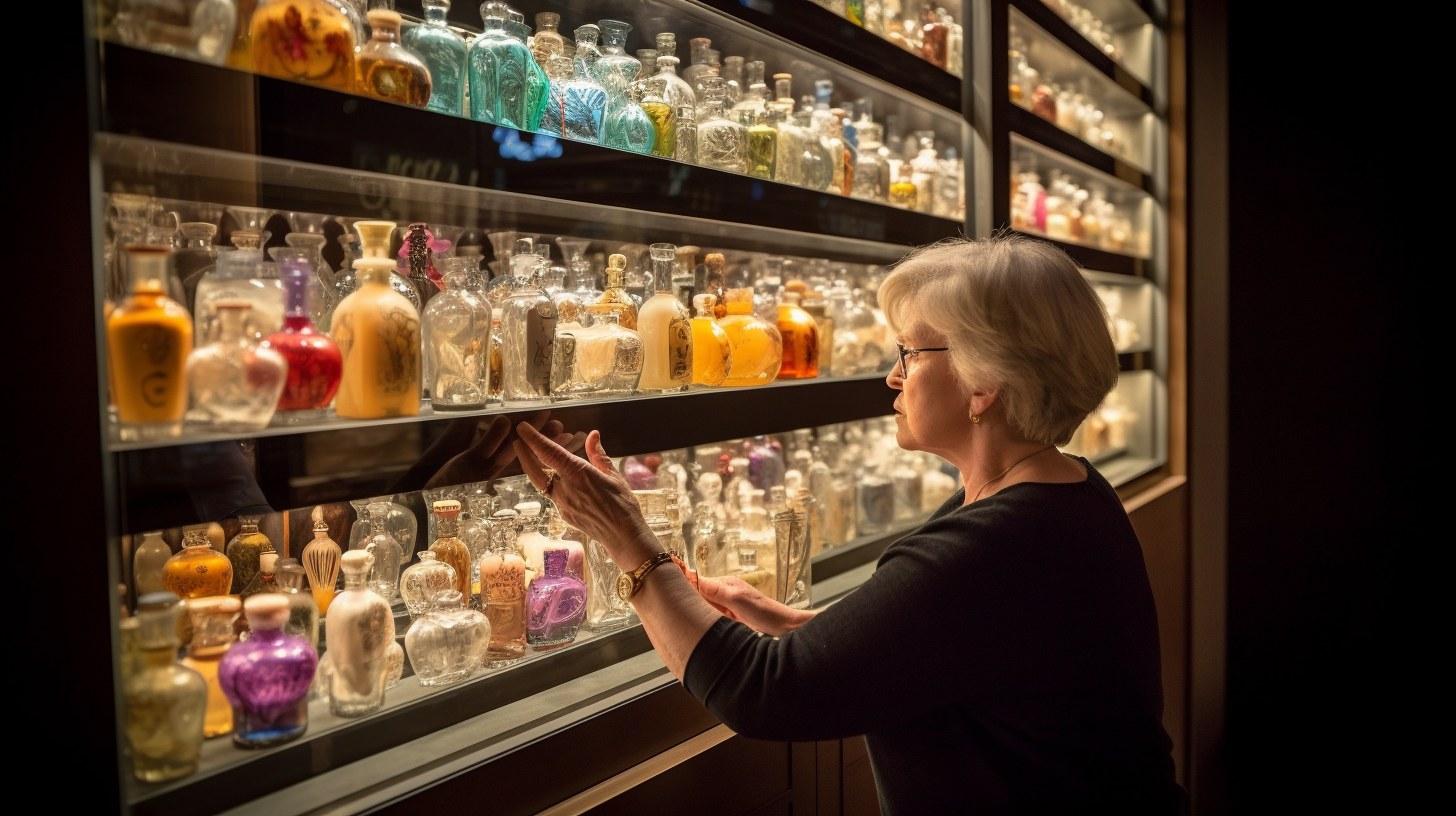A Brief History of the Origins of Perfume: Who were the First to Use it?
Perfume has been an essential part of human life for thousands of years. From the ancient Egyptians to modern-day society, people have used fragrances to mask body odor, enhance their beauty, and even ward off evil spirits. The history of perfume is long and fascinating, with many cultures contributing to its development. In this article, we will explore the origins of perfume and who were the first people to use it.
The Origins of Perfume
The use of aromatic oils and fragrances dates back to ancient civilizations. The Egyptians were one of the first cultures to use perfumes extensively. They believed that their gods had created perfume and that it had magical powers. Perfume was used in religious ceremonies, as well as in daily life.
The ancient Greeks also valued fragrance and used it in their baths, as well as in their homes. They believed that perfume had therapeutic properties and could help cure illnesses. The Greeks also used perfume in their religious ceremonies.
The Romans were known for their love of fragrance and wore it every day. They believed that perfume was a sign of wealth and status. The Romans also used perfume in their baths and on their clothes.
Perfume Making in Early Civilizations
The art of making perfume was developed by early civilizations such as the Egyptians, Greeks, and Romans. These cultures used natural ingredients such as flowers, herbs, spices, and resins to create fragrances.
One of the most famous perfumes from ancient times is “Kyphi,” which was made by the Egyptians. This perfume contained 16 different ingredients such as myrrh, cinnamon, frankincense, honey, wine, and raisins. It was used in religious ceremonies as well as for medicinal purposes.
The Greeks also created their own perfumes using ingredients such as myrtle, rose, and jasmine. They used a distillation process to extract the fragrances from the flowers and herbs.
The Romans were known for their advanced techniques in perfume making. They used animal ingredients such as musk and ambergris, as well as natural oils such as olive oil and almond oil. The Romans also developed new techniques for extracting fragrances using steam distillation.
Early Perfumes: Benefits and Challenges
Perfume had many benefits in early civilizations. It was used to mask body odor, enhance beauty, and even ward off evil spirits. Perfume was also used for medicinal purposes, such as treating headaches and other ailments.
However, there were also challenges associated with perfume use in early civilizations. Many natural ingredients used in perfume making were expensive and difficult to obtain. This made perfume a luxury item that only the wealthy could afford.
There were also health risks associated with perfume use in ancient times. Some fragrances contained toxic substances that could cause skin irritation or even death. The use of animal products such as musk and ambergris also raised ethical concerns.
Scent in Ancient Civilizations
Perfume played an important role in ancient civilizations beyond just its cosmetic and medicinal uses. It was often used in religious ceremonies to honor the gods or to communicate with the spirit world.
In ancient Egypt, perfume was considered sacred and was used to mummify the dead. The scent of perfumed oils was believed to help guide the soul of the deceased into the afterlife.
The Greeks believed that fragrance had therapeutic properties and used it in their healing practices. They also believed that certain scents could enhance mental clarity and spiritual awareness.
The Romans used perfume not only for personal adornment but also for public spaces such as theaters and bathhouses. They believed that the scent of perfume could improve the overall atmosphere and mood of a space.
Conclusion
The history of perfume is long and fascinating, with many cultures contributing to its development. From the ancient Egyptians to modern-day society, people have used fragrances for cosmetic, medicinal, and spiritual purposes. While there were challenges associated with perfume use in early civilizations, the benefits of fragrance were undeniable.
Today, perfume continues to be an important part of our lives. With advances in technology and chemistry, we have access to a wider range of fragrances than ever before. Whether worn for personal adornment or to create a particular mood or atmosphere, perfume remains a powerful tool for self-expression and connection with others.




